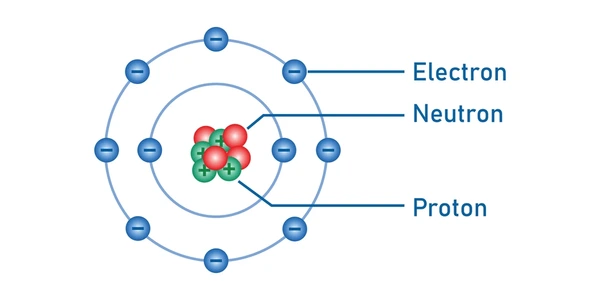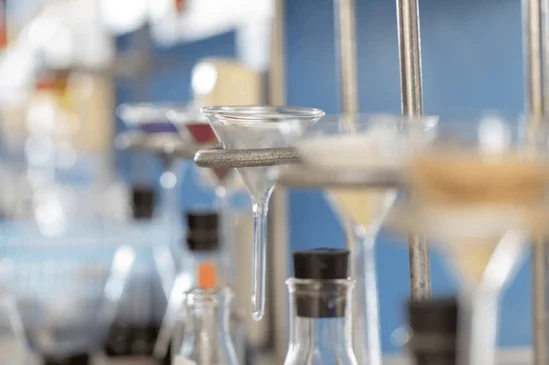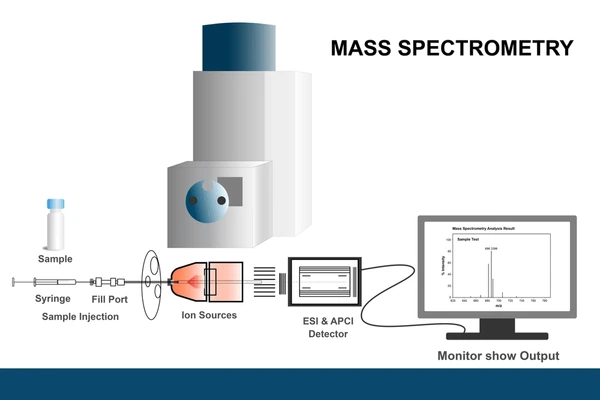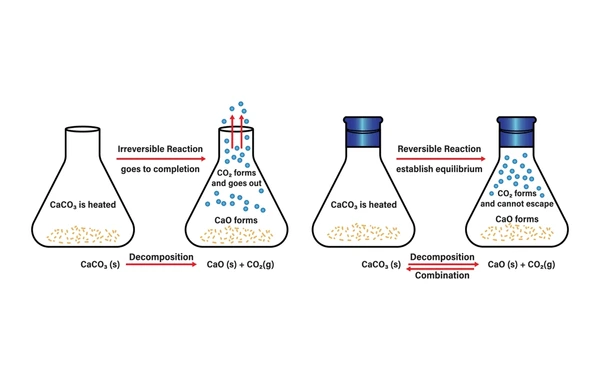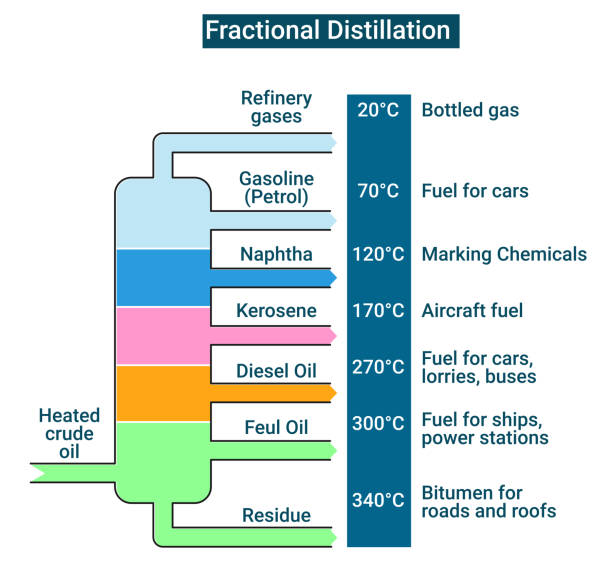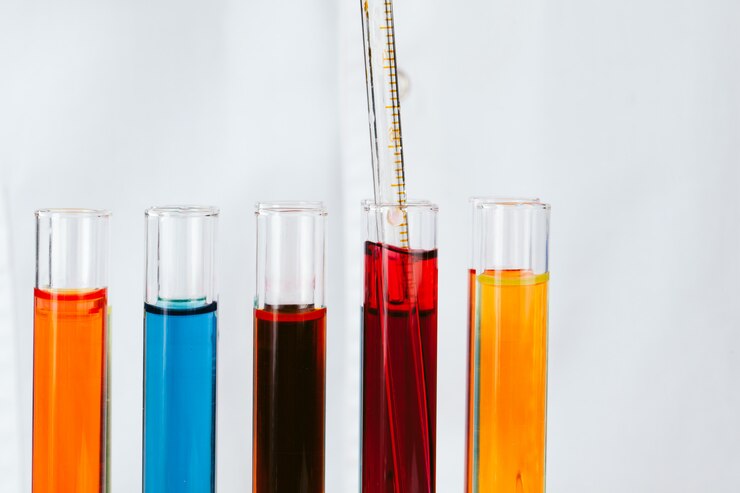Atomic structure
Understanding atomic structure is fundamental to mastering chemistry, physics, and various scientific disciplines. In this comprehensive guide, we break down every essential component of nuclear structure from the tiniest subatomic particles to their behaviors and electronic configurations, helping you grasp the core principles that define the universe at the atomic level. What Is Atomic Structure? … Read more
